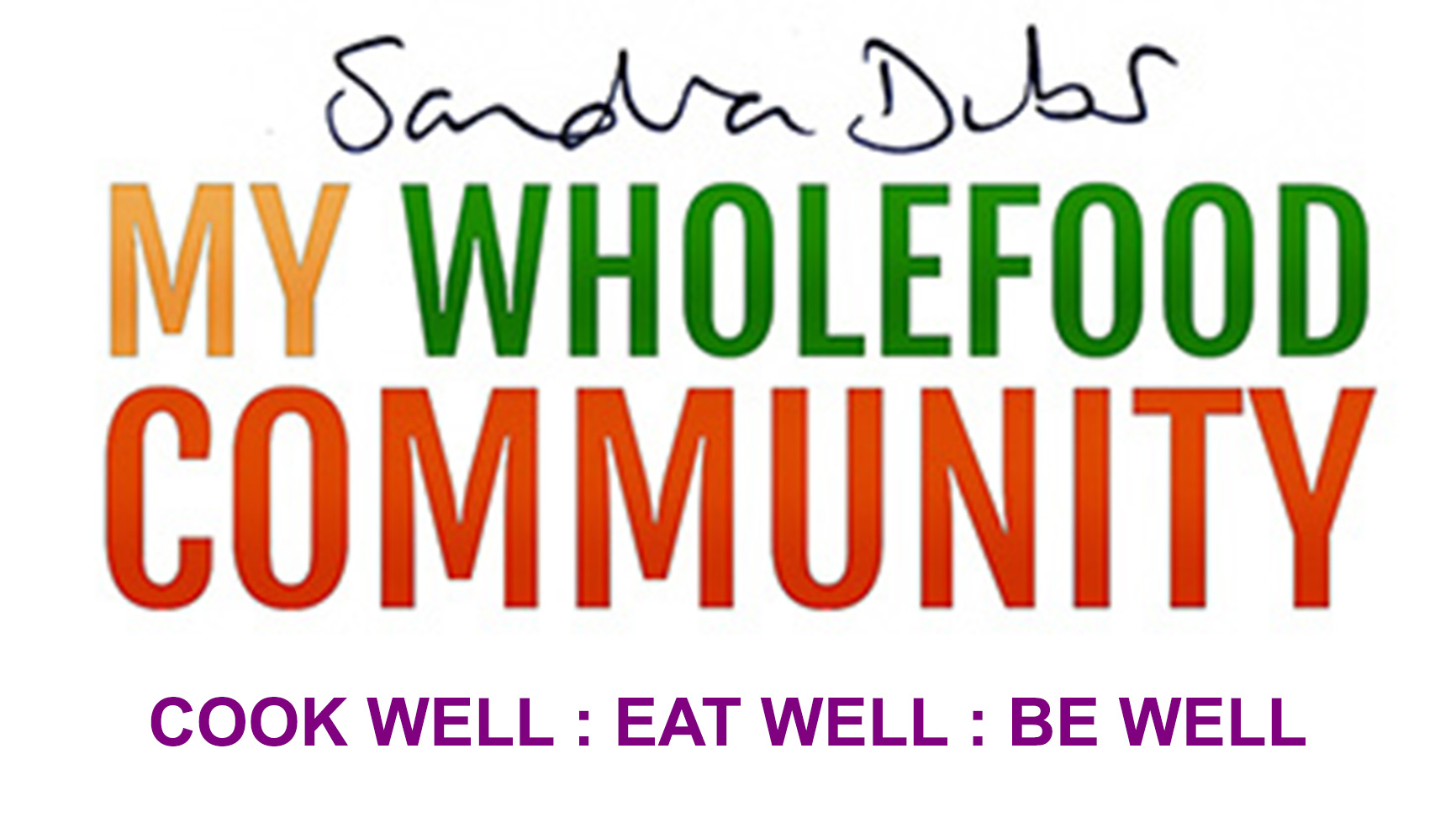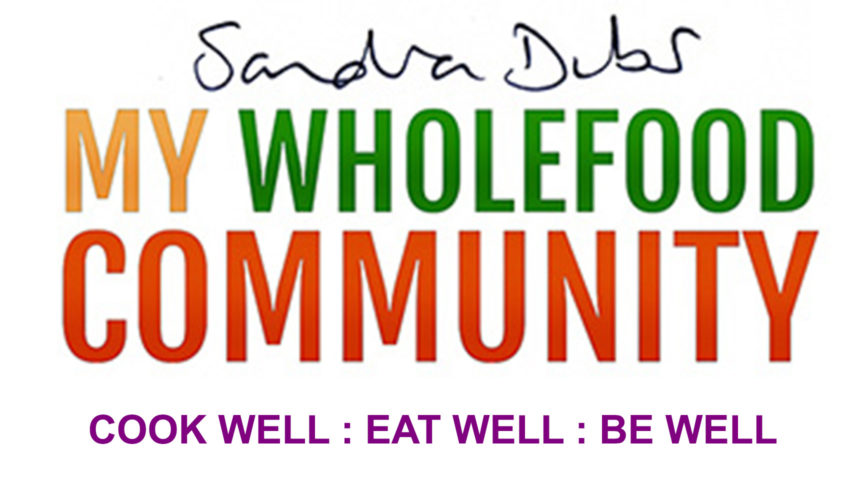No cold & flu 4 u
Which foods could make colds or flu worse..read on
(Readers Digest https://www.rd.com/health/conditions/foods-make-cold-flu-worse/)
1. Sugar can cause inflammation, which weakens your body’s white blood cells, which are key to fighting off infections. Try to avoid comforting yourself with too many sweet treats (and yes, that includes sweetened juice) until you feel better.
2. Refined carbohydrates are broken down quickly into sugar, triggering the same blood sugar rise as sugary drinks and snacks, with the same inflammatory effects. If you can’t get through an illness without toast, try reaching for whole grain instead; it’s digested more slowly, so it doesn’t spike blood sugar.
3. Like sugar, alcohol causes inflammation and weakens white blood cells. Alcohol also has the double whammy effect of contributing to dehydration. Hydration is key when you’re sick, because the mucous membranes in your nasal cavities are better at flushing out a virus when they are moist. Being dehydrated while sick is also likely to make those muscle aches that much worse. You may also find that if you’re already mildly dehydrated from your illness, drinking alcohol can hit you harder than usual. Opt for water and tea until you’re feeling well.
4. Reaching for a glass of OJ may be your first instinct when you feel sick—all that vitamin C, right? But citrus fruits, including oranges, grapefruit, and lemon, can irritate the stomach lining and aggravate an upset stomach. If you’re feeling nauseous, best to stay away until your stomach settles down. If you’re fighting a cold though, by all means, eat that orange or drink that OJ, as long as it’s without added sugar. Better yet, squeeze your own
5. Greasy, fatty foods can cause inflammation, suppressing the immune system. They can also be more difficult to digest than carbohydrates and protein, so you’ll want to avoid them in case of an upset stomach.
6. It may not have sugar, but candies or gum with contain sorbitol can cause tummy trouble. Sorbitol is not digestible and can cause stomach discomfort or even diarrhea in some people. Diarrhea means dehydration—a sickness no-no. Artificial sweeteners may also trigger headaches. If you’ve got a scratchy throat and need relief, opt for a honey-sweetened cough drop, minus the sorbitol.
7. Like alcohol, caffeinated drinks like coffee, tea, and cola can make you more dehydrated. It also doesn’t help that most of these drinks contain sugar causing inflammation making it harder to fight off infections.
8. Any jagged or crunchy foods with rough textures could irritate the throat and aggravate a cough or a sore throat. This includes anything with sharp edges such as crackers, nuts, and even raw vegetables. Instead, stick with foods that have an easy to swallow texture.
9. Pickled foods contain vinegar and or salt, so they can increase inflammation in a sore throat, per Medical News Today
FOODS TO AVOID
• Sugar, artificial ingredients, refined flour foods
• Dairy products
• Red meat
• Raw foods, except small amounts of fruit
• Cold food and drink
• Fried foods and excess oil
• highly acidic foods-spices, tomatoes, eggplant, coffee, alcohol
• tobacco
HERBAL TEA FOR FEVER
These herbs encourage the body to break into a sweat by stimulating circulation and dilating capillaries at the surface of the skin. They are traditionally used for treating fevers.
• Pour 1 cup boiling water over 2 teaspoons grated fresh ginger and 1 teaspoon each of dried peppermint and dried elderflower
• Cover and steep for 10 minutes.
• Strain, sweeten with honey if desired and drink the tea while hot.
Take up to 4 cups per day
COUGHS
Herbal tea: for a dry, unproductive cough use slippery elm or marshmallow root.
• Pour 1 cup of boiling water over 1-2 teaspoons of dried herb. Cover and steep for 15 minutes. Strain and drink.
Take up to 3 cups a day
DRY LUNG AND DRY COUGH
1. Eat bananas that have been sliced and cooked into a think soup
2. Ground black sesame seeds (but not if diarrhea or watery stools)
3. Lightly cook figs to make soup consistency. Drink ½ cup of the water and eat 1-2 figs from this soup
4. for hacking coughs use lemon or lime juice
FOR CHRONIC COUGH WITH YELLOW MUCOUS
1. Seaweeds in general are useful to treat swelling, nodules, swollen lymph glands, chronic cough with heat sights such as yellow or green phlegm
COUGH SYRUP
This home syrup will help you eliminate the mucus in your lungs, and the best thing is that it is also great for children.
Ingredients
1 tbsp marshmallow root
1 tbsp flaxseed
1 tbsp sage
1 lemon, sliced
1 litre filtered water
1 cup of Pure Maple Syrup
Directions
Put the water in a small saucepan, then add the pure maple syrup.
Preheat the pure maple syrup on a medium heat.
Add the rest of the ingredients and turn the heat on low.
After 15 minutes take the saucepan off the heat and strain.
Take a tablespoon of the syrup three times a day.
Use it until you feel some improvement and your cough is gone. Keep the syrup in your fridge.
.
ABOUT THE FLU
According to modern western medicine the flu is a viral infection of the respiratory tract that is spread through water droplets that contain the virus and are coughed or sneezed into the air. Outbreaks tend to occur in winter.
Type A flue is highly unstable and constantly creating new strains. Such mutant strains have created pandemics eg Hong Kong flu in 1968
There are three types of flu viruses: A, B, and C. Type A and B cause the annual influenza epidemics that have up to 20% of the population sniffling, aching, coughing, and running high fevers. Type C also causes flu; however, type C flu symptoms are much less severe
Recommended bed rest, painkillers and medication to reduce fever, sore throat and respiratory congestion
From Traditional Medicine flu is looked at as a way for body to eliminate stored up waste and poisons that have accumulated over months of poor eating, stress, lack of exercise and inadequate rest.
Eating smaller meals and getting plenty or rest will help alleviate recovery
FOODS TO EAT
• Fast on apple, citrus or lemon juice
• Bioflavonoids have been used in alternative medicine as an aid to enhance the action of vitamin C, to support blood circulation, as an antioxidant, and to treat allergies, viruses, or arthritis and other inflammatory conditions. You can find bioflavonoids in the pulp and white core that runs through the centre of citrus fruits, green peppers, whole cabbage, lemons, limes, oranges, cherries, and grapes. Quercetin is a highly concentrated form of bioflavonoids found in broccoli, citrus fruits, and red and yellow onions.
• Parsley
• Turnips
• Garlic
• ginger tea 2-6 slices of fresh root in cup of boiling water. Ginger is a muscle relaxant, or an antispasmodic, which means it may have the power to stop the spasm of coughing. It also stimulates the immune system
• Spring onions
• Cooked fruit
• Betacarotene Vit A foods -When you have a cold, try eating sweet potatoes, carrots, squash, spinach, or collard greens.
• Oregano Patrick Fratellone, MD, a leading integrative medicine doctor and registered herbalist with the American Herbal Guild, recommends reaching for this herb to treat a hacking cough. “Oregano is a powerhouse of flu-fighting properties, since it’s antibacterial, antifungal, and an antioxidant, and it can also be used as an expectorant to treat lung or respiratory conditions,” says Dr. Fratellone. You could take an oregano capsule twice a day with meals, but if all you have on hand is a bottle of the dried herb, you can make an oregano tea: Pour 250ml of boiling water over one teaspoon of dried oregano and let stand for ten minutes. If the taste is too bitter, add some raw honey. Aim to drink two cups a day.
Excerpts from ‘The Complete Guide To Natural Healing” by Tom Monte and the Editors of Natural Health Magazine USA


